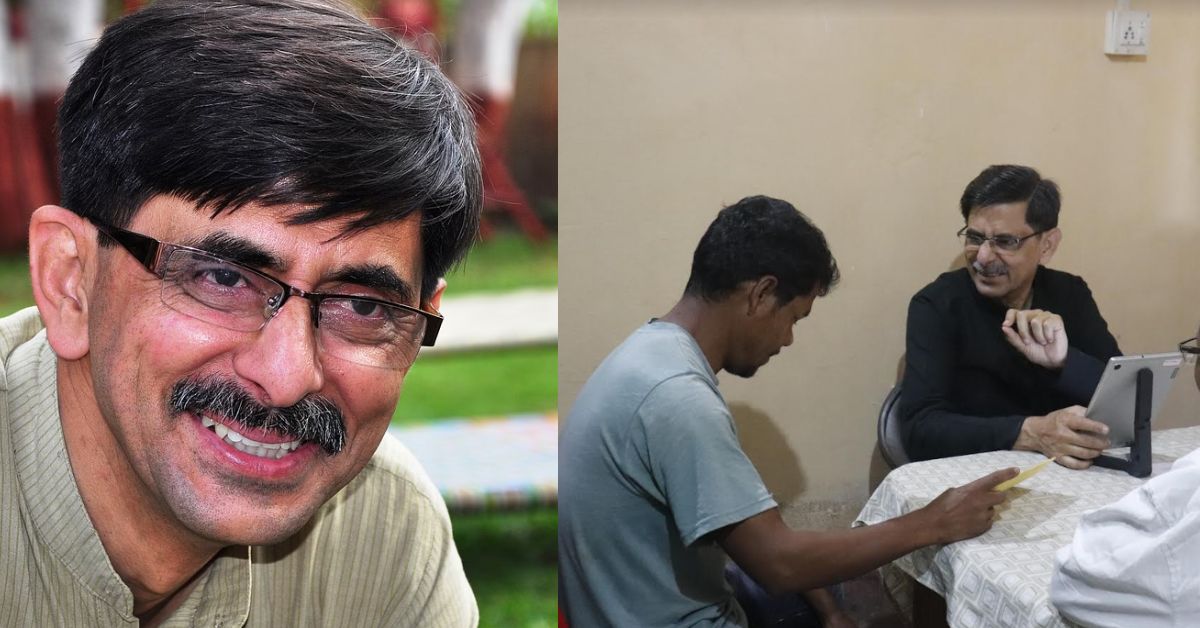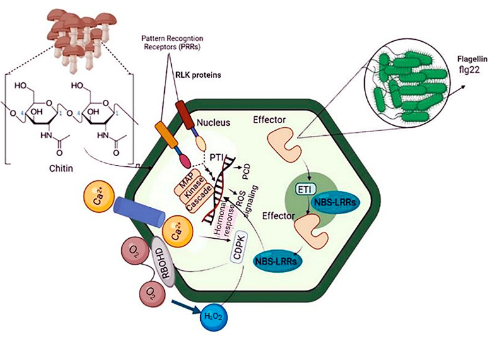The Mental Illness Treatment Alliance (MITA) is a transformative initiative in rural Assam, India, founded in 2007 by Dr. Sunil Kaul and his wife, Jennifer Liang, under The Ant (Action Northeast Trust). MITA was established to address the pressing mental health needs of the region, where mental illness is often stigmatized and treatment options are scarce. The program operates in 24 locations across 13 districts, collaborating with local NGOs to provide low-cost, quality mental healthcare to underserved communities.
Gobind Rai’s story exemplifies MITA’s impact. Diagnosed with schizophrenia a decade ago, Rai’s life was once marked by disorientation, irregular sleep, and violent outbursts. Today, after consistent treatment from MITA, he is in partial remission. He no longer experiences paranoia or hears voices, and his wife now describes him as a responsible husband who takes his medication regularly and supports the family financially.
Similarly, Geetanjali Rai’s life was transformed by MITA. Diagnosed with bipolar affective disorder, her erratic behavior disrupted her family life, leading to financial difficulties and her daughters missing school to manage household chores. After ten months of treatment, Geetanjali achieved full remission and reclaimed her role as a functional member of her family, defying the stigma of being labeled “mad.”
MITA’s approach to mental health is comprehensive and patient-centered. The program charges just Rs 300 per month for medicines, consultations, and follow-ups, making mental healthcare accessible to even the poorest families. The project’s success lies in its bio-psycho-social model, which acknowledges the critical role of social and cultural factors in mental health. MITA’s team includes clinical psychologists, trained counselors, and social workers who work closely with patients, often in their local languages, to ensure effective communication and care.
One of MITA’s most significant achievements is the normalization of mental illness in the rural communities it serves. Initially met with fear and superstition, mental illness is now increasingly understood as a medical condition, similar to physical illnesses. This shift in perception has been crucial in reducing stigma and encouraging more people to seek help.
MITA’s sustainability is another key aspect of its success. The program is largely patient-funded, reducing its reliance on external donations and making it a scalable and replicable model. The team buys generic medicines in bulk, further lowering costs, and maintains a focus on long-term care, with many patients requiring lifelong treatment.
MITA’s impact extends beyond individual patients to entire communities, fostering greater awareness and acceptance of mental health issues. The program’s success has inspired plans for expansion into other states in northeast India, including Meghalaya and Bihar.
Overall, MITA’s work in rural Assam demonstrates the power of community-based mental healthcare. By offering affordable, accessible, and culturally sensitive treatment, MITA has brought hope to thousands of individuals and families, proving that mental illness can be effectively managed, even in the most resource-constrained settings.








